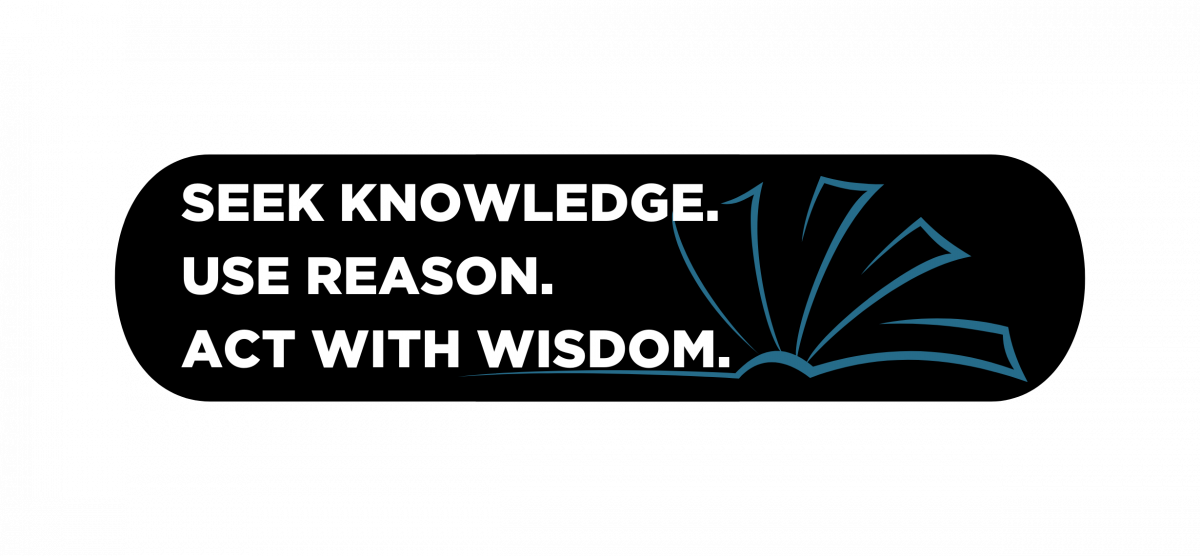
MISSION & GOALS
The University of Connecticut is a global university. People from all over the world come to UConn to deepen their knowledge and identify solutions to some of the world’s most pressing challenges. At UConn, faculty, scholars, students, practitioners and community members from diverse backgrounds interact with a spirit of inquiry, curiosity and global citizenship. Building on this tradition, UConn Global Affairs developed the Abrahamic Programs for Academic Collaboration in the Middle East/North Africa Region (UConn Abrahamic Programs) to build on the long-standing Connecticut tradition of innovative thinking and scientific discovery, while promoting regional academic integration in the Middle East/North Africa Region.
Under the aegis of Global Affairs, UConn Abrahamic Programs serves as an innovative academic umbrella that fosters cross-border research, intercultural communication, and, community engagement. It builds on the intellectual foundations of Abrahamic thought and its three monotheistic faiths, which emphasize the value of acquiring knowledge, using reason, and acting with wisdom. UConn Abrahamic Programs are grounded in this common epistemological heritage. While this initiative is non-denominational, we recognize that the birth of all three monotheistic faiths initiated in the Middle East, spreading east and west with the Abrahamic culture in common. Thus, we acknowledge that religion can significantly shape cultural traditions, beliefs and inclinations. We also know that Christianity, Islam and Judaism all call on their people to use knowledge and reason for constructive purposes. By focusing on the commonalities between these major cultural traditions, this initiative builds scholarly relationships with the hope of also contributing to regional economic and social development.
Originating at our university and extending globally, UConn Abrahamic Programs will facilitate workshops, discussions, and interactive activities that give participants the opportunity to exchange views and learn from a diverse group of peers, colleagues, and experts. A small workshop format will allow participants to actively engage with the material and contribute their unique perspectives and experiences—in contrast to a conference model in which participants are often passive listeners. The emphasis will be on substantive, in-depth interactions that foster meaningful, lasting relationships and new research collaborations. Coming from diverse professional, cultural, and social backgrounds, participants will be able to explore emerging trends and issues of critical importance while advancing scholarship and deepening individual knowledge.